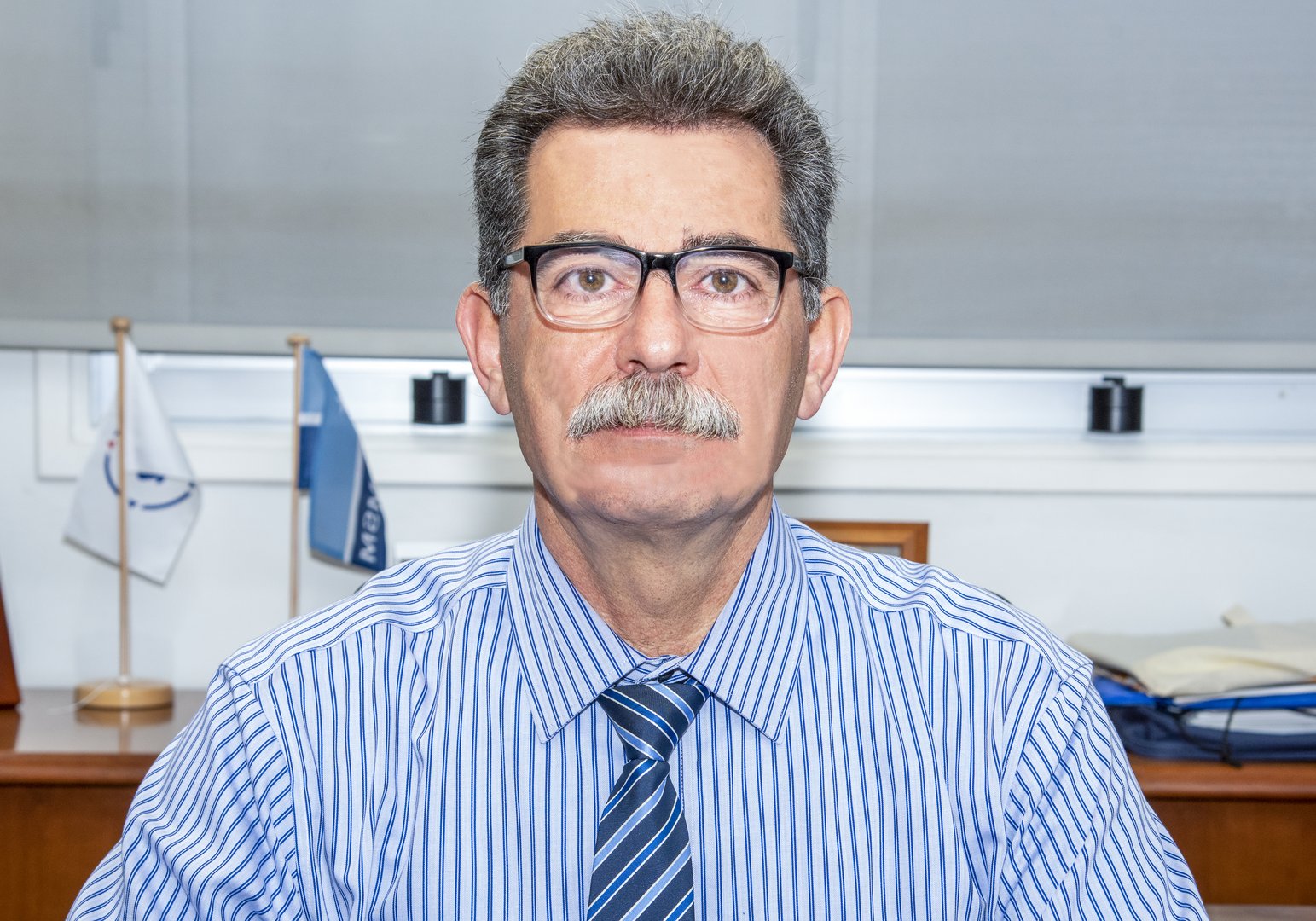Erasmus+ is one of the most successful EU programmes and for 2021 to 2027 has a budget of €26.2 bn
The Foundation for the Management of European Lifelong Learning Programmes is launching exciting new programmes to support training and education in Cyprus.
The organisation, based in Nicosia, is the national agency managing/handling European programmes on education/training and relevant policies.
Its main activity is the management of funds allocated to Cyprus by the European Commission for the participation of Cypriot beneficiaries in the European programmes. It manages the Erasmus+ programme which supports actions in all fields of lifelong learning.
The objectives include not only the promotion of targets and policies of the EU in these fields but also the promotion of targets and policies of Cyprus in the same areas.
Erasmus+ is one of the most successful programmes of the EU, and for the period from 2021 to 2027 has an estimated budget of €26.2 billion, nearly doubling the funds of its predecessor programme from 2014 to 2020. 70 per cent of the budget will support mobility for all, with a lifelong learning perspective. The other 30 per cent will be invested in cooperation projects and policy activities.
The local office announced the call for proposals is now open.
- 12/04/21 Cooperation Partnerships – KA2
- 13/04/21 Non accredited KA1
- 14/04/21 Accredited organisations KA1
- 19/04/21 HE KA1
- 21/04/21 small scale partnerships – All sectors -ΚΑ2
The organisation is continuously trying to both allocate the money to the most suitable projects and to improve what can be done with it, its director Stylianos Mavromoustakos told the Cyprus Mail.
There are misconceptions, he said, starting with what lifelong learning is.
“We hear again and again that people think it means learning for pensioners, this is wrong, it is learning from the cradle to the grave. There are four major categories depending on age group and educational level.”
The first is school education, geared at pupils up to high school, the second is vocational training, including technical schools, the third tertiary education, schools and colleges, and the fourth any other adult learning.
With the support of the increased budget, Mavromoustakos and his growing team aim to get more people involved in all activities.
Regarding mobility, one of the pillars of Erasmus+, the idea is to send more people abroad. This means overriding some local ideas, especially in times of the coronavirus pandemic, he explained.
“Parents tend to refuse to let their children go abroad,” he said. “We try to bring out the added value. A European study shows students who go abroad for a period of time have significantly better chances of employability. Here we are talking about students with the same level of academic abilities, not those who are already doing better academically before travelling abroad. And almost all expenses are paid.”
As well, the foundation would like to see more learners from disabled and disadvantaged groups involved.
“This existed before but can be improved,” the director explained. “People can get additional support for actual expenses. For example we can pay for persons who need to accompany a disabled person abroad where necessary.”
Another new interesting initiative will also be supported, the participation of adult learners, who could under previous guidelines not participate in mobility projects. This is a huge change, as now private companies as well as public entities such as municipalities can send their employees abroad to gain new skills without having to bear the costs.
Some changes have been brought about because of the coronavirus.
“The pandemic introduced virtual mobility. People can get money if they need software or a combination of software and hardware. For example it was not possible to travel in late January and February, so people were online, and when physical mobility is possible again, we are flexible and accommodate the changes.”
The public is at times not that well informed about what the foundation can and wants to achieve, and the institution is planning to make changes to improve this.
One of the things the growing team is already working on is to make the website more inclusive, explaining exactly who can apply for what and how it works.
Campaigns are another way of spreading awareness. Grassroot groups will be approached, which according to the local organisation does not only mean approaching associations such as the paraplegic association, but in the case of students ‘grassroots groups’ are often the parents, who tend to make decisions for their offspring in Cyprus.
It is important to get the message out that the foundation undergoes a very tight scrutiny and, as Mavromoustakos put it, “nothing is done because of what we think but according to strict guidelines.”
There are external auditors appointed by the ministry of finance, and internal auditors as well, all of whom constantly monitor what is being done.
The call for proposals is the same across countries, as is the software.
Some flexibility exists on who is eligible at the national level, because national laws and regulations differ across the EU.
For example, long mobilities for young students is not a custom in this country, so instead of pupils going abroad for long periods of time and their learning outcome being recognised, they are encouraged to take short stints in other countries.
However, despite minor glitches which happened due to unforeseen developments such as the transfer of personnel in the midst of a project, the foundation has successfully spent nearly all the allocated budget for the call from 2014 – 2020.
It plans to do the same for the next period, 2021-2027, meticulously planning how to use the increased amount at their disposal.
For more info see https://www.erasmusplus.cy/en/IDEP-Dia-Biou-Mathisis







Click here to change your cookie preferences